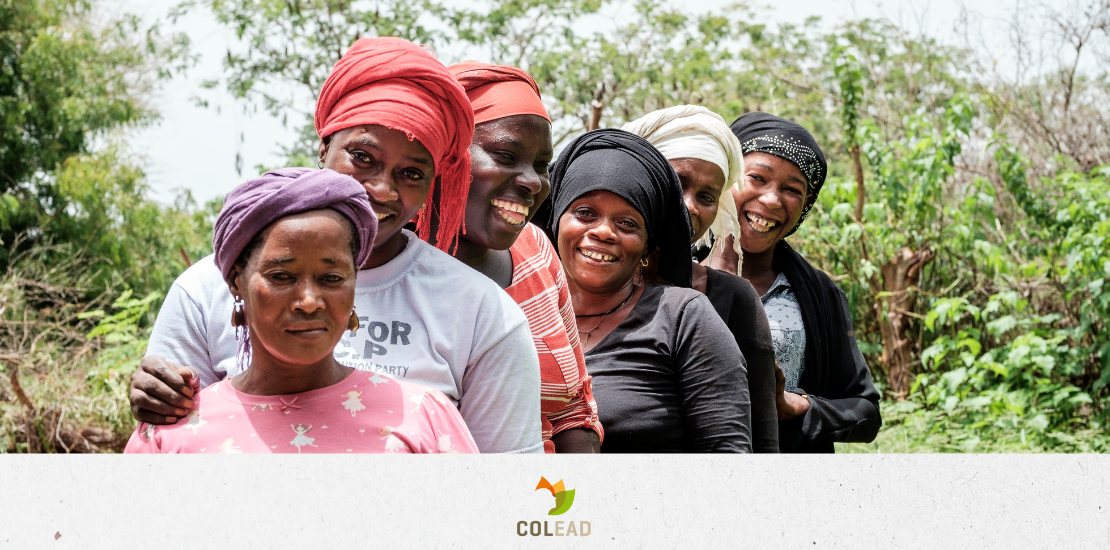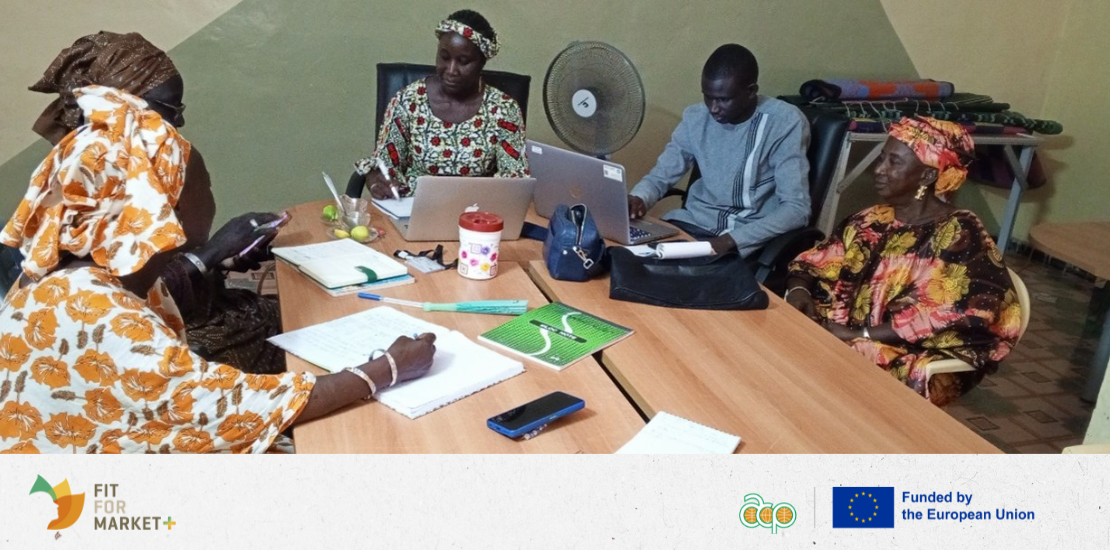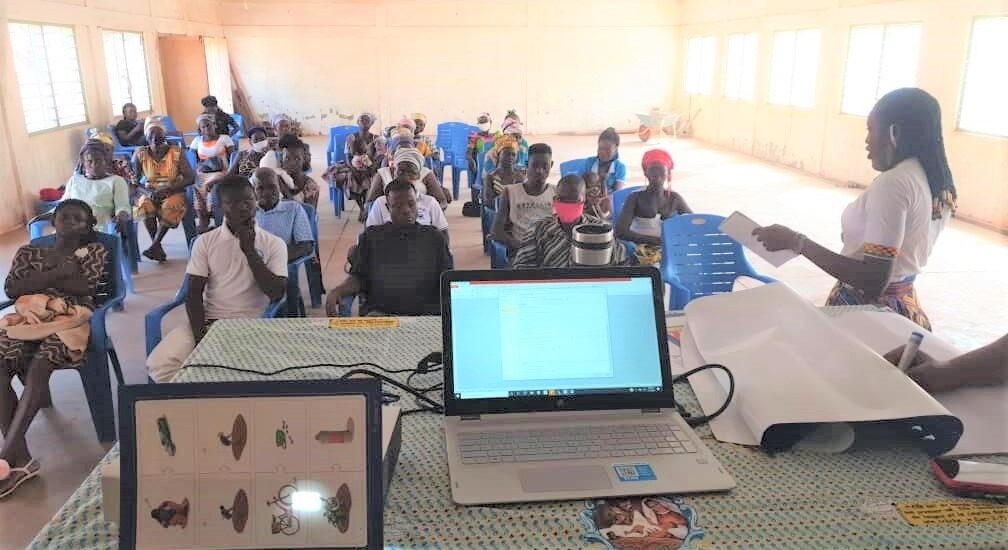Integrating gender for inclusive growth – COLEAD strengthens its commitment to equality and empowerment
- 03/11/2025
- Posted by: Sandra Borma
- Category: News
No Comments More than 150 participants joined COLEAD’s webinar “Integrating Gender for Inclusive Growth” last month, an interactive session focused on the central role of gender equality in building sustainable and resilient agri-food systems. The event, opened by COLEAD chairman Stephen Mintah and General Delegate Jeremy Knops, explored practical approaches to mainstream gender at all levels: individual, organisational, and systemic. International expert Kerry Kyd (South Africa) delivered a dynamic presentation on gender-related risks and opportunities in operations, encouraging participants to reflect on… +
More than 150 participants joined COLEAD’s webinar “Integrating Gender for Inclusive Growth” last month, an interactive session focused on the central role of gender equality in building sustainable and resilient agri-food systems. The event, opened by COLEAD chairman Stephen Mintah and General Delegate Jeremy Knops, explored practical approaches to mainstream gender at all levels: individual, organisational, and systemic. International expert Kerry Kyd (South Africa) delivered a dynamic presentation on gender-related risks and opportunities in operations, encouraging participants to reflect on… +Empowering women entrepreneurs – example through coaching of 4 micro-enterprises in Casamance, Sénégal
- 06/03/2025
- Posted by: Sandra Borma
- Category: News
 COLEAD is supporting four women-led micro-enterprises in Casamance, Sénégal, as part of the Fit for Market Plus (FFM+) programme. This initiative illustrates COLEAD’s commitment to the economic empowerment of women in the agricultural sector. Concrete support for better financial management Between October and November 2024, a coaching mission was carried out to help these businesses apply the knowledge acquired during the “Accounting and Financial Management” training in December 2023. This support enabled the entrepreneurs to assess the profitability of their… +
COLEAD is supporting four women-led micro-enterprises in Casamance, Sénégal, as part of the Fit for Market Plus (FFM+) programme. This initiative illustrates COLEAD’s commitment to the economic empowerment of women in the agricultural sector. Concrete support for better financial management Between October and November 2024, a coaching mission was carried out to help these businesses apply the knowledge acquired during the “Accounting and Financial Management” training in December 2023. This support enabled the entrepreneurs to assess the profitability of their… +Training in vegetable production (including post-harvest) for a women’s cooperative of Global Shea Alliance
- 26/11/2020
- Posted by: Sandra Borma
- Category: Ghana, News, Shea
 As part of COLEACP’s Fit For Market programme, training in vegetable production was organised for the Global Shea Alliance (GSA). The objective was to strengthen the participants’ technical skills on crop seasonality – what can be produced between October and April (shea off-season), good agricultural practices, crop protection, integrated pest management (IPM), safe use of pesticides, and post-harvest practices. Participants showed great interest and the training was highly appreciated. The next step, which is training on hygiene and food safety,… +
As part of COLEACP’s Fit For Market programme, training in vegetable production was organised for the Global Shea Alliance (GSA). The objective was to strengthen the participants’ technical skills on crop seasonality – what can be produced between October and April (shea off-season), good agricultural practices, crop protection, integrated pest management (IPM), safe use of pesticides, and post-harvest practices. Participants showed great interest and the training was highly appreciated. The next step, which is training on hygiene and food safety,… +
